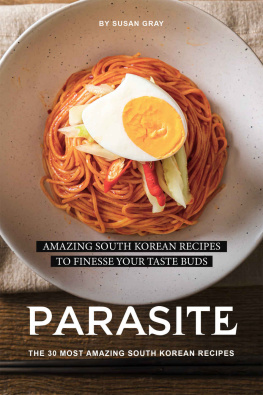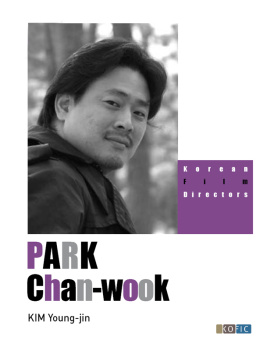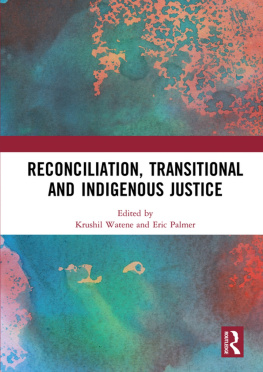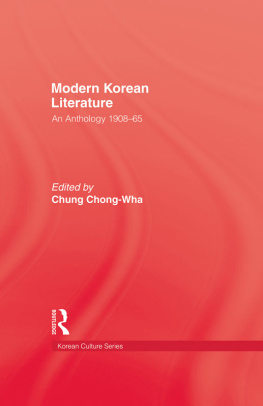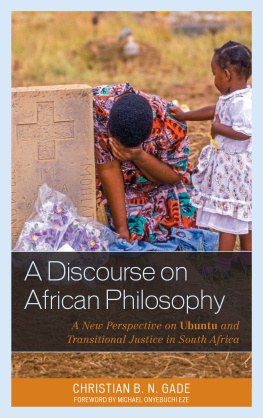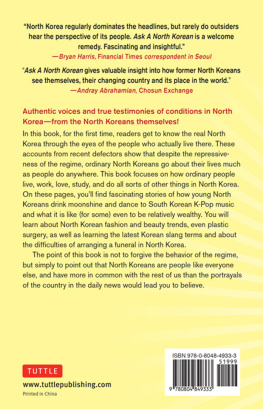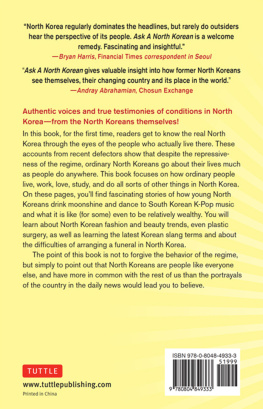
Healing Historical Trauma in South Korean Film and Literature
Through South Korean filmic and literary texts, this book explores affect and ethics in the healing of historical trauma, as alternatives to the measures of transitional justice in want of national unity.
Historians and legal practitioners who deal with transitional justice agree that the relationship between historiography and justice seeking is contested: this book reckons with this question of how much truth-telling from a violent past will lead to healing, forgiving, forgetting and finally overcoming resentment. Nuanced interpretations of South Korean filmic and literary texts are featured, including Park Chan-wooks Oldboy, Bong Joon-hos Mother and literary texts of Han Kang and Choe Yun, whilst also engaging the ethical and political philosophy of Levinas, Hannah Arendt, and others. Also offered is new and extensive research into the hitherto hidden history of thousands of North Korean war orphans who were sent to Eastern European countries for care. Grappling with the evils of history, the films and novels examined herein find their ultimate themes in compassion, hospitality, humility and solidarity of the wounded.
Healing Historical Trauma in South Korean Film and Literature will appeal to students and scholars of film, comparative literature, cultural studies and Korean studies more broadly.
Chungmoo Choi teaches cultural studies, critical theory, gender, literature, film and religion of Korea in the East Asian Studies at the University of California, Irvine, where she serves as an associate professor. Her publications include Dangerous Women: Gender and Nationalism in Korea and The Discourse of Decolonization and Popular Memory: South Korea. She has served various journals as editorial collective member.
Routledge Advances in Korean Studies
41. Megacity Seoul
Urbanization and the Development of Modern South Korea
Yu-Min Joo
42. Korean Adoptees and Transnational Adoption
Embodiment and Emotion
Jessica Walton
43. Digital Development in Korea, Second Edition
Lessons for a Sustainable World
Myung Oh and James F. Larson
44. The State, Class and Developmentalism in South Korea
Development as Fetish
Hae-Yung Song
45. Development Prospects for North Korea
Edited by Tae Yong Jung and Sung Jin Kang
46. The Road to Multiculturalism in South Korea
Ideas, Discourse, and Institutional Change in a Homogenous Nation-State
Timothy Lim
47. Healing Historical Trauma in South Korean Film and Literature
Chungmoo Choi
48. Exporting Urban Korea?
Reconsidering the Korean Urban Development Experience
Edited by Se Hoon Park, Hyun Bang Shin and Hyun Soo Kang
For more information about this series, please visit: www.routledge.com/asianstudies/series/SE0505
Healing Historical Trauma in South Korean Film and Literature
Chungmoo Choi
First published 2021
by Routledge
2 Park Square, Milton Park, Abingdon, Oxon OX14 4RN
and by Routledge
52 Vanderbilt Avenue, New York, NY 10017
Routledge is an imprint of the Taylor & Francis Group, an informa business
2021 Chungmoo Choi
The right of Chungmoo Choi to be identified as author of this work has been asserted by her in accordance with sections 77 and 78 of the Copyright, Designs and Patents Act 1988.
All rights reserved. No part of this book may be reprinted or reproduced or utilised in any form or by any electronic, mechanical, or other means, now known or hereafter invented, including photocopying and recording, or in any information storage or retrieval system, without permission in writing from the publishers.
Trademark notice: Product or corporate names may be trademarks or registered trademarks, and are used only for identification and explanation without intent to infringe.
British Library Cataloguing-in-Publication Data
A catalogue record for this book is available from the British Library
Library of Congress Cataloging-in-Publication Data
Names: Choi, Chungmoo, author.
Title: Healing historical trauma in South Korean film and literature / Chungmoo Choi.
Description: Abingdon, Oxon ; New York : Routledge, 2021. |
Series: Routledge advances in Korean studies |
Includes bibliographical references and index. |
Identifiers: LCCN 2020031812 | ISBN 9781138580305 (hardback) |
ISBN 9780367650377 (paperback) | ISBN 9780429017346 (adobe pdf) |
ISBN 9780429017339 (epub) | ISBN 9780429017322 (nook edition)
Subjects: LCSH: Psychic trauma in motion pictures. |
Psychic trauma in literature. | Motion pictures--Korea (South)
History. | Korean literature20th centuryHistory and criticism. |
Korean literature21st century--History and criticism. | Reconciliation.
Classification: LCC PN1995.9.P7828 C46 2021 | DDC 791.43/095195dc22
LC record available at https://lccn.loc.gov/2020031812
ISBN: 978-1-138-58030-5 (hbk)
ISBN: 978-0-429-50744-1 (ebk)
Typeset in Times New Roman
by Newgen Publishing UK
In memory of my parents
With love and gratitude to Roger, Carolynn and Garrett
Contents
Ariel Dorfman, a Jewish Argentine-Chilean-American playwright, reflects in the afterword of his most renowned play, Death and the Maiden (1990), How do we keep the past alive without becoming its prisoner? How do we forget it without risking its repetition in the future? In Healing Historical Trauma in Film and Literature in South Korea, I think along the lines of Dorfmans question seeking ways of healing historical wounds beyond forgetting. How does a society free itself from its evil past and how could a society move forward leaving behind its historical trauma? How does a society overcome resentment and hard feelings of its members who have wronged and been wronged in the course of its tumultuous and violent history? How do they mend broken relationships and restore a shattered community? These questions have become increasingly urgent in South Korea, especially so in recent years as the concept transitional justice is gaining a wide-based currency intertwined with South Koreas unprecedented economic growth and the attending global status as a member of the G20 group. I begin my journey with the question as to how the South Korean people should deal with the nations tragic modern history, which has left deep scarsand bleeding wounds in some casesin the lives of many South Koreans beyond the never-ending pursuit of truth-telling, heartfelt apologies, monetary reparations, ceremonial remembrances, and even political retaliations, none of which ever seem to be right or satisfactory from the perspectives of the wronged. How do we ever free ourselves from this terrible and seemingly endless curse of history? In the ensuing chapters, I will examine the ways in which South Korean filmmakers and writers address these questions situated between individuals and the state(s).


